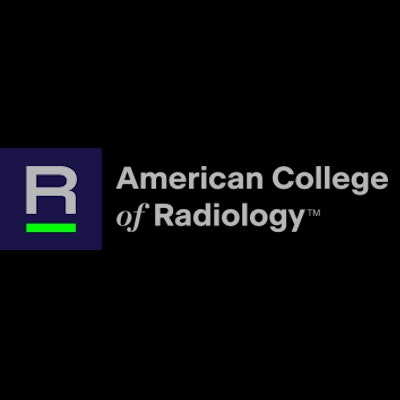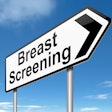
The American College of Radiology (ACR) is doubling down on concerns regarding the independent dispute resolution (IDR) fees and processes as part of the No Surprises Act.
On December 20, the college submitted comments to Chiquita Brooks-LaSure, administrator for the Centers for Medicare & Medicaid Services (CMS), Department of Health and Human Services (DHS). The feedback addresses the issues of planned increases for the IDR administrative fee and prices for batched disputes.
“To promote a sustainable healthcare system, it is imperative that fair payment mechanisms exist to ensure adequate reimbursement for out-of-network services,” the ACR wrote in its submitted comments.
A finalized ruling by CMS, DHS, the Department of the Treasury, and other federal entities will see IDR administrative fees increase from $50 to $115. Along with that, batched disputes will see fixed price increases per line item when such disputes exceed 25 line items.
Before it submitted comments to CMS, the ACR issued a response to the ruling, expressing concern over the pricing and processes.
For the IDR administrative fee, the ACR stated in its response to CMS that it believes the fee for low-dollar claims of 50% of the full administrative fee is too high. It recommended a reduced administrative fee of no more than $50, saying that increased costs would negatively impact imaging service sites with limited resources, including both urban and rural populations.
“The pressure from insurers is also helping drive vertical consolidation as practices consider joining hospital systems, or consolidate with other provider groups or national practices,” the ACR said in its comments.
The ACR also said it disagreed with the proposal to charge a reduced administrative fee to a non-initiating party when a dispute is deemed ineligible.
The college also stated that it feels that limiting batches in batched disputes to 25 line items is “too restrictive,” requesting that the limit be increased to at least 50 line items or removed entirely.
“The now-finalized IDR fee rule includes the option of additional IDR entity fees for batches over 25 line items to account for the additional time and effort involved in processing larger batches, so a size limit is redundant,” it added.
The ACR also disagreed with the finalized proposal to remove allowing for resubmission of batches containing ineligible claims. It expressed concern that including a single ineligible claim would invalidate an entire batch, incentivizing insurers to be less transparent about claim eligibility.
Despite the concern in its comments, the ACR also conveyed positive sentiment for some parts of the ruling. Katie Keysor, the college's senior director of economic policy, told AuntMinnie.com that the college is pleased that the departments now use rulemaking to set the IDR fees and that they determined fee adjustments would be no more frequent than annually.
“This allows stakeholders to provide comments on the proposed rates and ensures advanced notice of fee adjustments,” Keysor said. “In addition, the IDR operations proposed rule, currently in comment period, offers a proposal for a reduced administrative fee for low dollar claims. If finalized, this would be very helpful to imaging providers.”
The ACR noted that the departments are hearing concerns from providers, and the IDR operations rule attempts to address these concerns.
“If these rules are finalized and enforced, providers should experience a smoother IDR process and imaging providers in particular will have greater access to IDR,” Keysor said.
In addition, the ACR is joining other medical specialty societies to request more time for submission of batched claims on hold since August 3.
“The government provided only 20 business days for submission of these batches, making the deadline January 16,” Keysor told AuntMinnie.com. “We are very concerned that this is not enough time. This issue is separate from the proposed and final rules.”



















